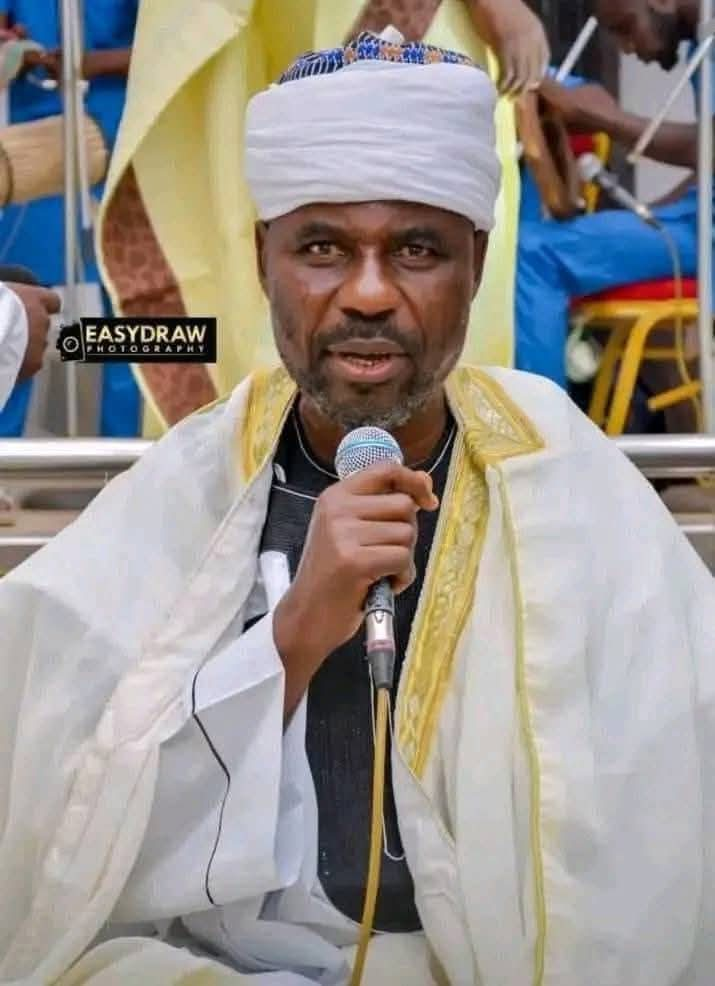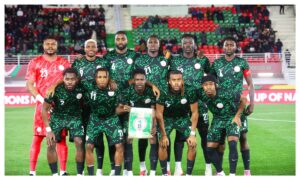Experts Endorse CBN’s Intervention To Make Petroleum Products Available
Experts familiar with the workings of the Central Bank of Nigeria (CBN) have endorsed the planned intervention by the bank to help address the lingering petroleum products crises.
Professor Michael Obadan, a member of the Monetary Policy Committee (MPC), told The Nation that he’s “sure it’s a good idea that the governor has floated.”
The Prof said that “invariably the officials of CBN will have to go back to the drawing board and engage the NNPC possibly for areas of intervention and where the mandate of the bank would permit the bank to intervene.”
The MPC member noted that “whatever intervention the bank engages in are largely tailored towards enabling it achieve its mandate which include price and exchange rate stability.
“At the moment there is a lot of pressure in the foreign exchange market, the demand far outstrips supply, any intervention the man (Emefiele) makes will help reduce the demand for foreign exchange, the demand for imports. I think that’s the line the CBN has been going to help the country earn foreign exchange and reduce pressure on the foreign reserve”, he said.
Prof Obadan added that whatever intervention the CBN may have in mind, “will have to fit into that broad objective. There isn’t enough information on what that initiative will be like until the bank officials engage the NNPC and the needs identified pertaining to the bank’s mandate.
He emphasised that “the bank is concerned about the hardship that Nigerians are being made to go through for energy products and buying them at cut-throat prices.”
Speaking at the end of the last Monetary Policy Committee (MPC) meeting in Abuja, CBN governor, Godwin Emefiele had disclosed that “we would be engaging NNPC as well, for a kind of intervention that will make it easy for them to get these products so that this shortage can stop”.
When asked what this holds for Nigeria, Prof Ken Ife, Lead Consultant, Industry and Private Sector Development, of the ECOWAS Commission, said “as you can see the issues of PMS adulteration and queues at filling stations are pushing up prices, causing inflation and affecting the CBN primary mandate of price stability.”
He noted that measures that the proposed intervention may address “could include building PMS strategic reserve, funding modular refineries, etc.”
On the fiscal side, the minister of finance and NNPC are holding engagements to determine what can be done to make sure that adequate funding is provided so that petroleum products are made available.
The funds so generated will be used to import petroleum products so filling stations across the country can have the products to sell.
Emefiele in defending the planned intervention argued that “when supply increases and people are confident that whatever they hold, either PMS or diesel, they can easily go and replace them, the arbitrary price will reduce.”
“When arbitrary price reduces you can begin to see that there would be moderation, the prices of these products will ultimately reduce the same as the prices of other products. This is simply how we think we can work”.
The CBN has rolled out various interventions to stimulate productivity in many sectors of the economy. Under the Anchor Borrowers’ Programme (ABP) for the procurement of inputs and cultivation of maize, rice,and wheat, three crops that hitherto were significant concerns of FX demand, a total of N975.61 billion has been disbursed.
The Bank has also released N19.15 billion to finance five large-scale agricultural projects under the Commercial Agriculture Credit Scheme (CACS), bringing the total disbursements under the Scheme to N735.17 billion for 671 projects in agro-production and agro-processing.















Post Comment